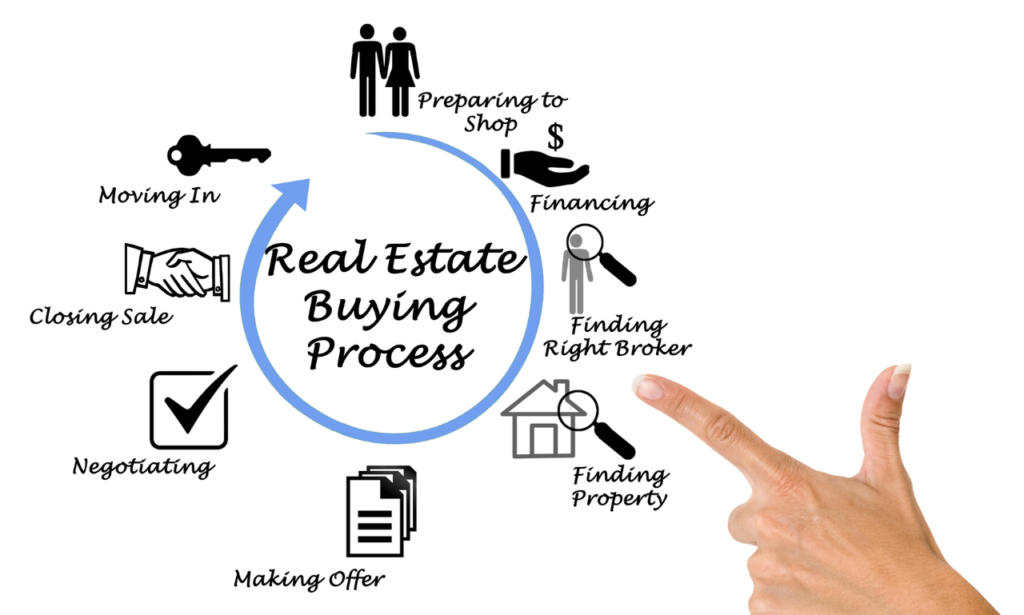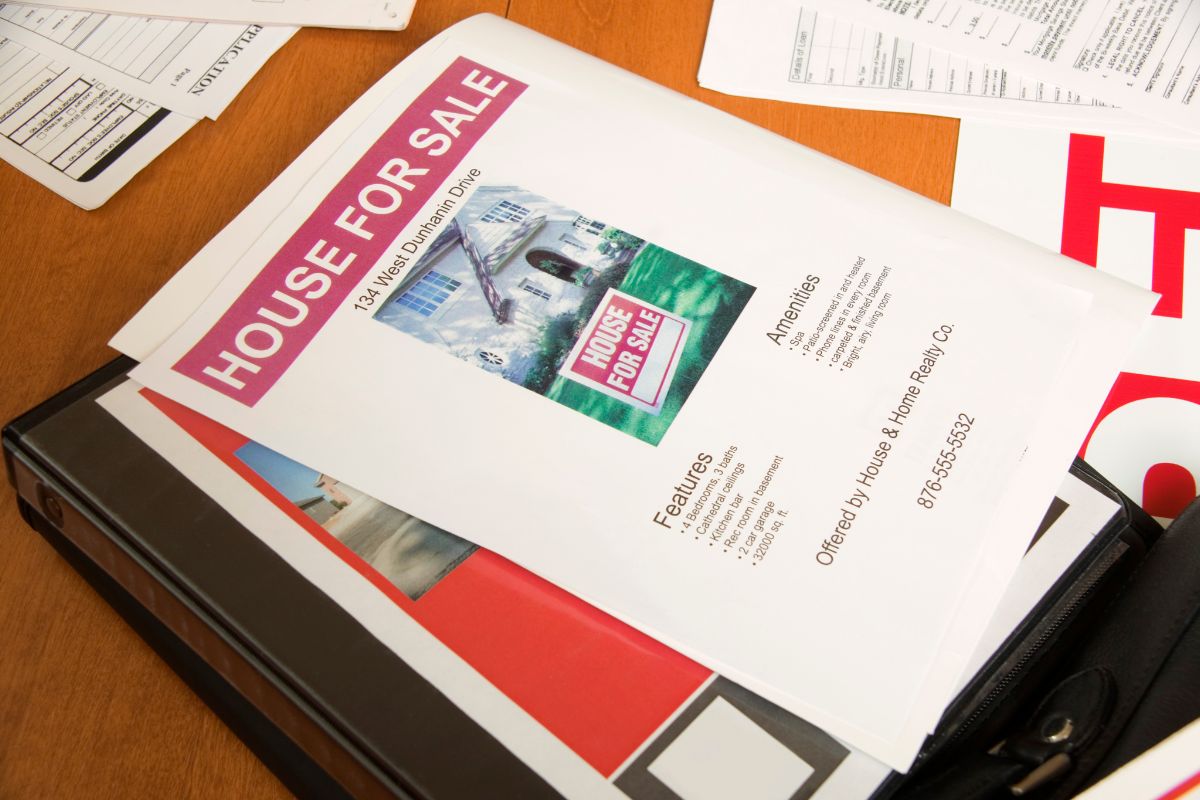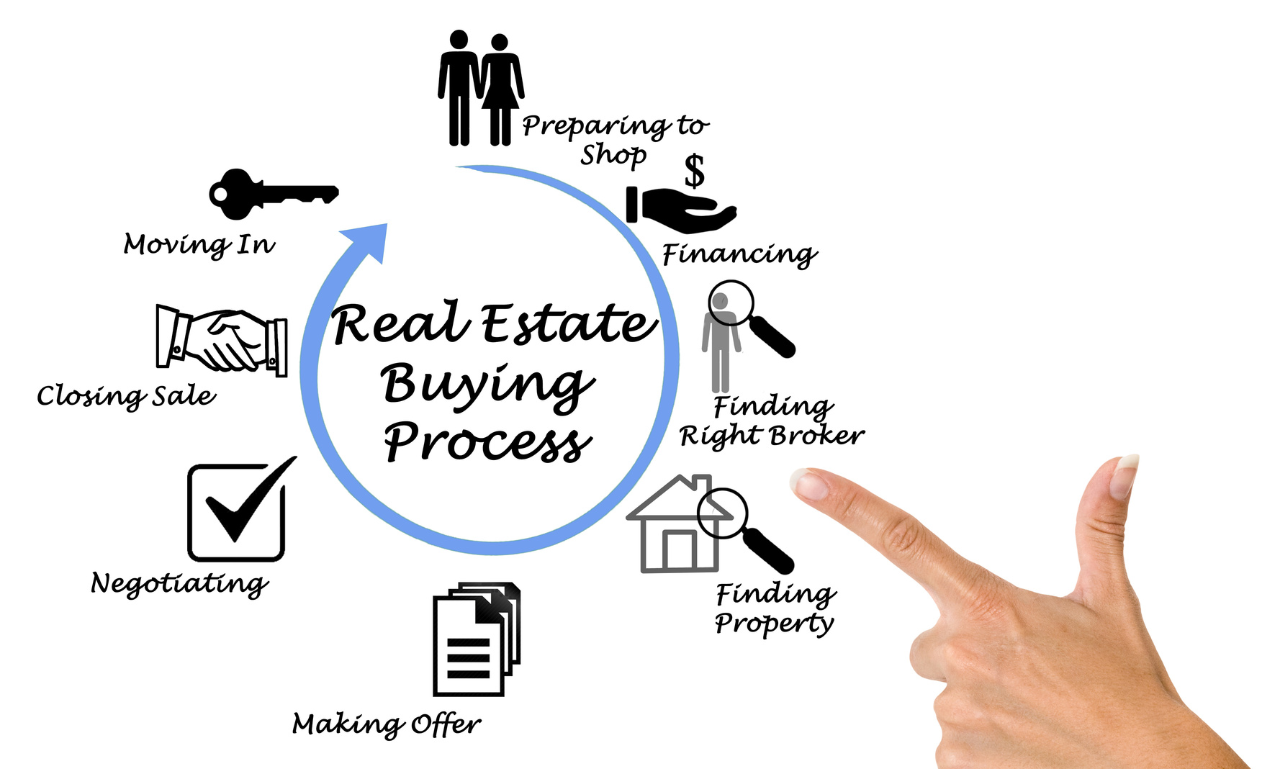Closing a real estate deal can be exciting and overwhelming for buyers and sellers alike. While the process can vary depending on location, type of property, and other factors, there are specific steps involved in most real estate closings. This article will walk you through the essential things to expect during the closing process. Allow me to point out that if you have never completed a transaction without a real estate agent you really should consult one/hire one that you trust to aid you in the process.

1. Reviewing The Contract
Before the process begins, the buyer (or the buyer’s agent) will typically review the purchase contract. This process ensures that all the terms, conditions, and contingencies are in place and that the buyers understand their responsibilities. Buyers must ensure they read and agree with all the contract terms as they will be legally enforceable. It is incredibly important that, before signing, both buyer and seller fully understand the terms, conditions, and any contingencies. This can be the difference in thousands upon tens of thousands of dollars.
2. Home Inspection
Once a contract is signed by all parties the inspection period begins, if there is one. How will you know? It is outlined as one of the terms of the contract and is a critical component in any real estate transaction. Typically, the buyers will hire a licensed inspector to come and assess the property’s condition. The home inspector’s report will present any issues that should be addressed before closing. This ensures that the buyers are aware of any potential problems that might arise or expenses they should consider.
3. Title Search
The next step is for an attorney to conduct a title search on behalf of the buyers. They will investigate the property’s history to ensure no outstanding claims or liens exist. The title search will verify the property’s ownership history, giving the buyer a clean title.
4. Completing The Loan Application
If the buyers require a mortgage to fund the purchase, they must complete their loan application. Buyers should promptly submit a completed application with all the necessary documents to guarantee the loan’s approval. The mortgage company will conduct its credit check, and if they approve the loan, it will offer the buyers a loan estimate or closing disclosure outlining all the costs and terms.
5. Obtain Homeowners Insurance
If the buyers are financing the purchase through a mortgage, they must obtain homeowners insurance to protect the property’s structure from various damages. Many buyers opt for more coverage than the minimum, along with specific riders tailored to their unique circumstances.
6. Closing Disclosure
The closing disclosure is a comprehensive statement of the total property purchase costs. The document will itemize all the charges, including the purchase price, closing costs, taxes, and other fees. Thus, the buyers can get a complete picture of their financial obligations.
7. Final Walkthrough
A final walkthrough is a crucial step in the closing process. Usually done a few days before closing, this is an opportunity for the buyer to re-inspect the property and ensure it is in the same condition as when they agreed to purchase it. The buyer must confirm that any outstanding issues identified in the initial inspection report have been resolved.
8. Settlement Statement
The settlement statement is the final and most crucial puzzle in the closing process. This document outlines the absolute amount of money being transferred from the buyer to the seller, taking into account all the fees, costs, and credits involved. Both parties must sign this document, and the funds must be wired to the seller’s designated account or delivered via a certified check.
9. Closing
Then, time to close the deal! The closing will be held either at the title or escrow company or, in some regions, the attorney’s office. Most finishes take anywhere from an hour to several hours, depending on the complexity of the transaction. All parties involved will sign the relevant documents during the finale and exchange the final funds.
10. Possession
The buyer doesn’t technically own the property until they’ve received the keys from the seller or the agent. Typically, the buyer is allowed to take possession of the home after closing. However, in some cases, control may be delayed until later, especially if some repairs or renovations need to be completed.
Final Thoughts
In conclusion, buying or selling a property can be daunting and complex. However, understanding the various stages and what to expect can make the experience more manageable. By knowing what to expect during the closing process, buyers and sellers can ensure that all the necessary steps are completed correctly, leading to a stress-free and successful transaction.





